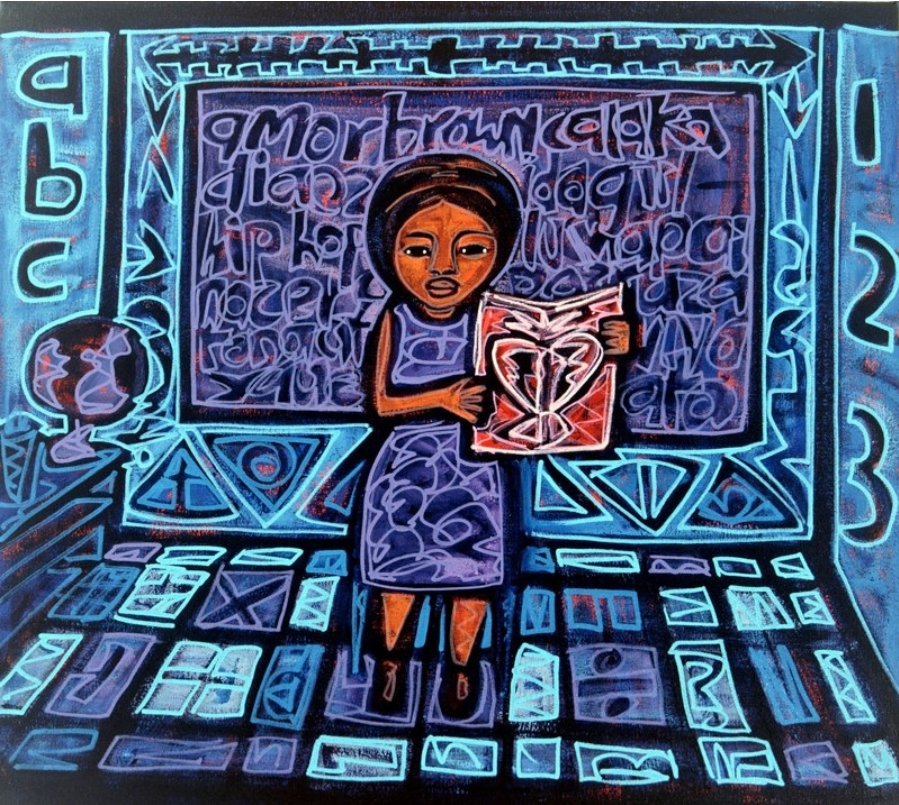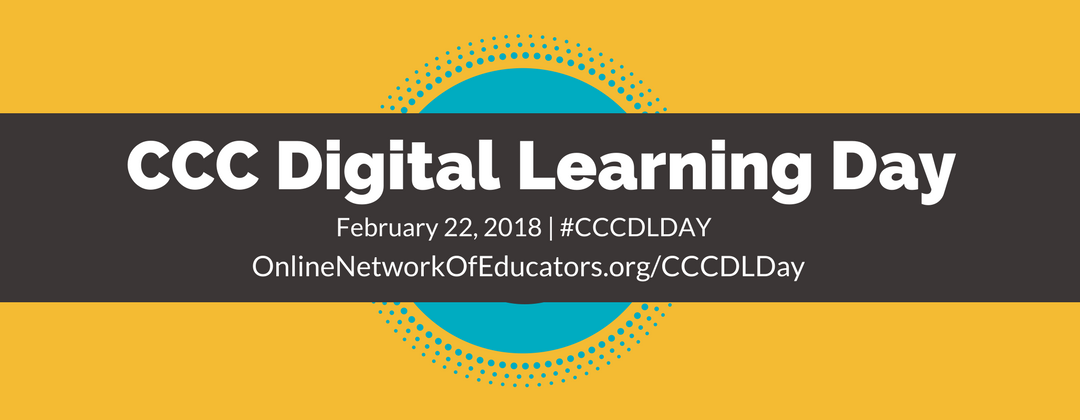Pedagogy of Love: Teaching for Humanity
Pedagogy of Love: Teaching for Humanity
Love is Essential
Valentine’s Day celebrates love. Whether it’s romantic, fraternal, familial or personal, many recognize the power of love. No matter how you splice it, love is essential in building humanity. And building humanity takes work.
Musicians, activists, academics, to name a few, invoke their perspective on the power of love in their work. John Lennon simply sang, “All you need is love.” Argentinian revolutionary and political activist, Ernesto Che Guevara, explained love as a personal philosophy when he stated, “At the risk of seeming ridiculous, let me say that the true revolutionary is guided by a great feeling of love. It is impossible to think of a genuine revolutionary lacking this quality.” Now, of course, Che Guevara did believe in armed revolution, but I’d like to think he was conveying a balance between compassion and making hard decisions without flinching. Feminist writer bell hooks stated in Teaching Community: A Pedagogy of Hope, “When teachers teach with love, combining care, commitment, knowledge, responsibility, respect, and trust, we are often able to enter the classroom and go straight to the heart of the matter, which is knowing what to do on any given day to create the best climate for learning.” And then there is the work of Paolo Freire, which deserves a deeper consideration.
Love as a Learning Theory
Paolo Freire’s learning theory invokes a profound position on the efficacy of love. His theory is grounded in educators teaching with love. It promoted love as a necessary component for humanization and liberation. In his book Pedagogy of the Oppressed, love is essential when students are introduced to oppression through problem-posing education. When faced with the truth of oppression, love is the act of courage that enables students to find their freedom to dialogue about humanization and love. Freire states, “Only by abolishing the situations of oppression is it possible to restore the love which that situation made impossible. If I do not love the world—if I do not love life—if I do not love—I cannot enter into dialogue.” His theory of education incorporates love as a conscious act in the pursuit of humanity through dialogue in the classroom.
Many of our students arrive in our classes with some form of internalized oppression. If we, as educators, ignore this variable, our students may not recognize their potential to contribute to the world. In Mike Martin’s self-help book, Love's Virtues, he states, “Internalized oppression violates the procedures that promote mutual autonomy through subtle forms of inner coercion, both from negative attitudes toward oneself and ignorance about one’s possibilities.” Yet according to Freire, education can be an act of love because educators themselves can intentionally choose to value and present love onto their students and into the pedagogical process. The pedagogy of love humanizes learning by engaging students in an ongoing process of self-exploration. When love is embedded in our pedagogical practices, we enable students to recognize that their needs, their desires, their wants, or whatever it is that motivates them, matter. And when a human recognizes that those things matter, life is forever changed.
Strategies for a Pedagogy of Love
How does this translates to our lesson design? How can the heart and the brain be encouraged to connect? Zaretta Hammond focuses on culturally responsive teaching and brain-based learning strategies from neuroscience in her book, Culturally Responsive Teaching and the Brain. She provides six core design principles for learning:
- The brain seeks to minimize social threats and maximize opportunities to connect with others in community.
- Positive relationships keep our safety-threat detection system in check.
- Culture guides how we process information.
- Attention drives learning.
- All new information must be coupled with existing funds of knowledge in order to be learned.
- The brain physically grows through challenge and stretch, expanding its ability to do more complex thinking and learning.
Although culturally responsive teaching is about empowering systematically disenfranchised students through challenging our teaching practices, Zarettta Hammond states, “We have to create the right instructional conditions that stimulate neuron growth… by giving students work that is relevant and focused on problem solving.” Only then can we build brain power while affirming and validating our students’ ongoing pursuit of full humanity. That is what makes us human and enables Freire’s vision to create “a world in which it will be easier to love.”
This year, fall in love all over again with teaching by reading these books. Do it for yourself, for your students, and for humanity.
- Pedagogy of the Oppressed, 30th Anniversary Edition 30th Anniversary Edition, by Paulo Freire
- Culturally Responsive Teaching and The Brain: Promoting Authentic Engagement and Rigor Among Culturally and Linguistically Diverse Students 1st Edition, by Zaretta L. Hammond
- Teaching Community: A Pedagogy of Hope 1st Edition, by bell hooks
- Love's Virtues Paperback, by Mike W. Martin


